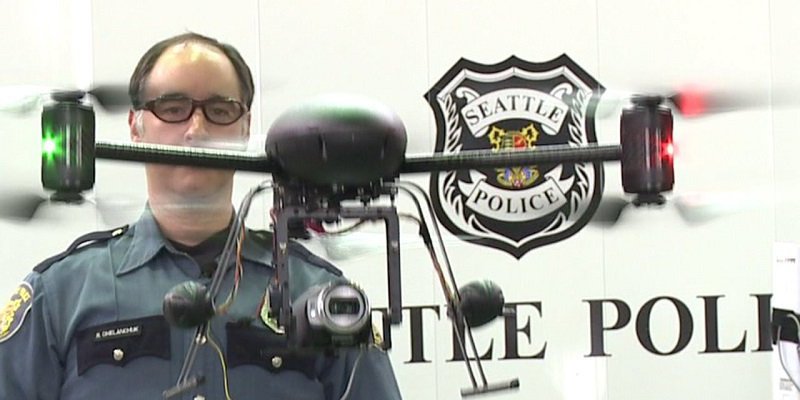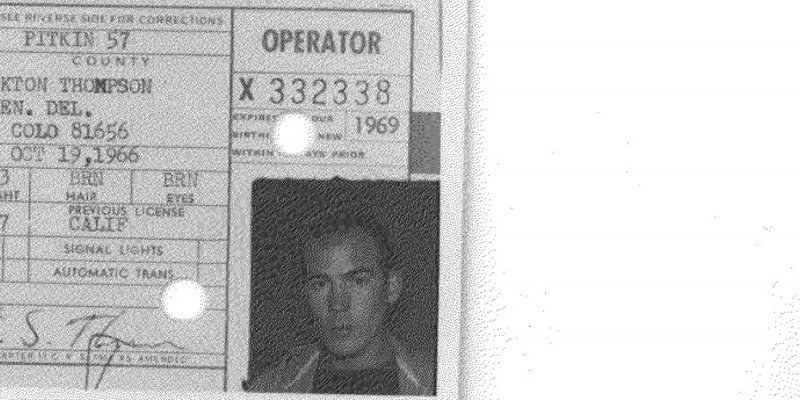-

The FBI’s decades-long war on D. H. Lawrence
The FBI file on avant-garde book publisher Barney Rosset reveals how J. Edgar Hoover’s Bureau played decency crusader on two continents in an attempt to keep Lady Chatterley’s Lover out of the hands of the public.
-

Two years later, Suffolk County Jail releases suicide prevention materials
The Boston jail that faced intense scrutiny after the accused "Craigslist Killer" committed suicide while in custody mixed in clip art and celebrity gossip in a slideshow used for suicide prevention training.
-

Alameda County Sheriff seeks drone for thermal imaging, surveillance
Protestors opposed to the Alameda County Sheriff’s plan to obtain unmanned aerial vehicles (UAVs) held a press conference at Oakland City Hall on Thursday, Oct. 18 in coordination with the ACLU of Northern California and the Electronic Frontier Foundation. MuckRock had previously obtained documents related to Alameda’s proposed drone program.
-

Seattle police seek more drones while two sit unused
The Seattle Police Department plans to expand its drone program over the next year with the purchase of two additional units and the training of additional officers, documents released to MuckRock indicate. The additional drones would cost SPD at least $150,000. But beyond conducting limited training exercises, SPD has never deployed the two drones it purchased in 2010 for $82,000. Furthermore, SPD has no clear policy outlining how drones can be deployed in the field.
-

Hunter S. Thompson’s appropriately NSFW FBI file
The career of Hunter S. Thompson, chronicler of America’s counterculture movement, was closely followed by the FBI - even going so far as to interview his neighborhood liquor store clerk.
-

Under current policy, Boston police can keep scanned license plate data indefinitely
In a September 2011 memo released to MuckRock, Boston Police Department Commissioner Edward Davis outlines how BPD and its officers are authorized to use automated license plate recognition (ALPR) technology and data. In particular, the memo reveals BPD’s capacity to retain ALPR data indefinitely for investigatory purposes.